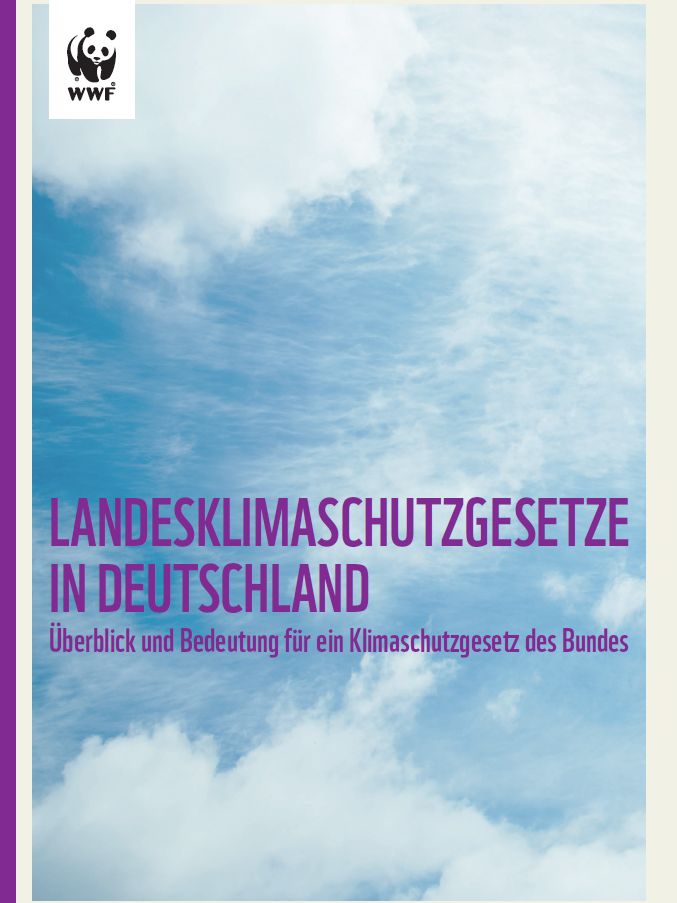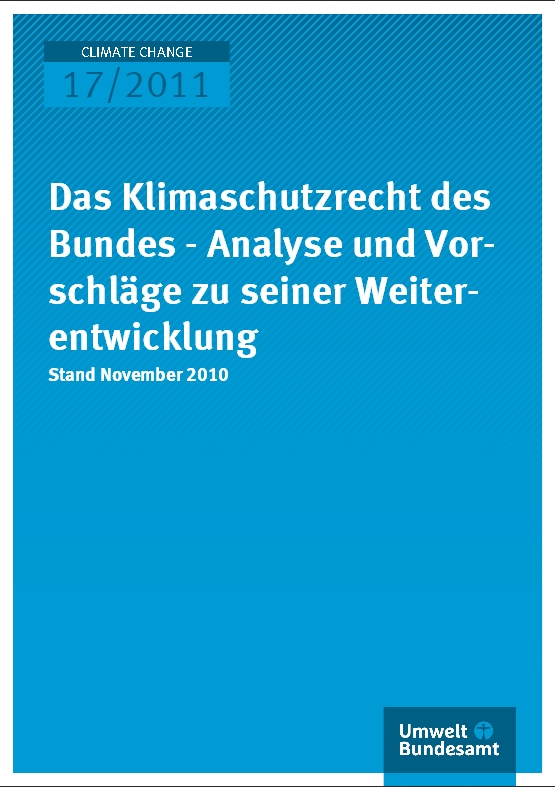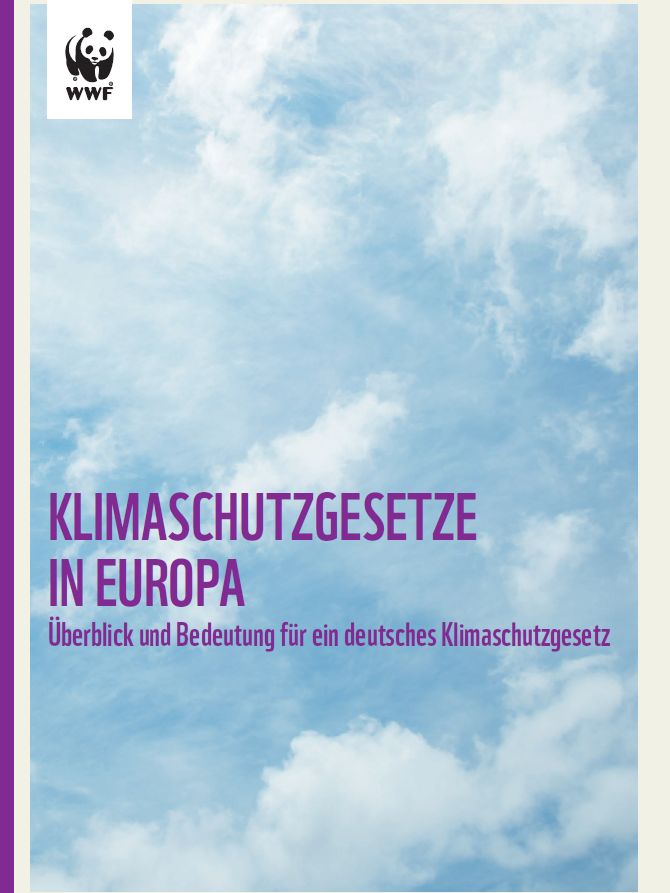What is the Use of a Climate Change Act at Federal State's Level?
- News
- Date
-
- Location
- Berlin, Germany
In a broadcast on Bayerische Rundfunk on 30 July 2019, Dr. Stephan Sina, Senior Fellow at Ecologic Institute, expressed his views on the core elements and added value of climate change acts at federal state's level. The broadcast aired on the occasion of the meeting of the Bavarian Climate Cabinet on climate protection in Bavaria. Stephan Sina co-authored a study on climate change acts at federal state's level with Dr. Heidi Stockhaus for WWF Germany, which was mentioned in the broadcast.
The German broadcast "Was bringt ein Landesklimaschutzgesetz? is available at the BR24 website. The study for WWF is available for download.
According to the WWF study, about half of Germany's federal states already have a climate change act. The coalition agreement between CSU and Freie Wähler of December 2018 includes the adoption of a climate change act in Bavaria. However, debate is ongoing about the design of such a law. While a bill of the Green Party opts for a legal framework with binding targets and a procedure to reach these targets, the coalition government seems to prefer a set of single measures. This corresponds to the debate at the Federal level on the design of a Federal climate change act. In the study for WWF, as well as in prior reports, Stephan Sina has elaborated that a climate change act enables a better steering of climate change policy if designed as a legal framework serving as basis for targeted single measures. With such a design, climate change acts of the federal states and a Federal climate change act would not just complement each other, but even strengthen each other.
Since 2009, Stephan Sina has worked on climate change legislation at the federal and state level. He has supported the environmental ministries of Baden-Württemberg and Berlin in the development of their climate change acts.






